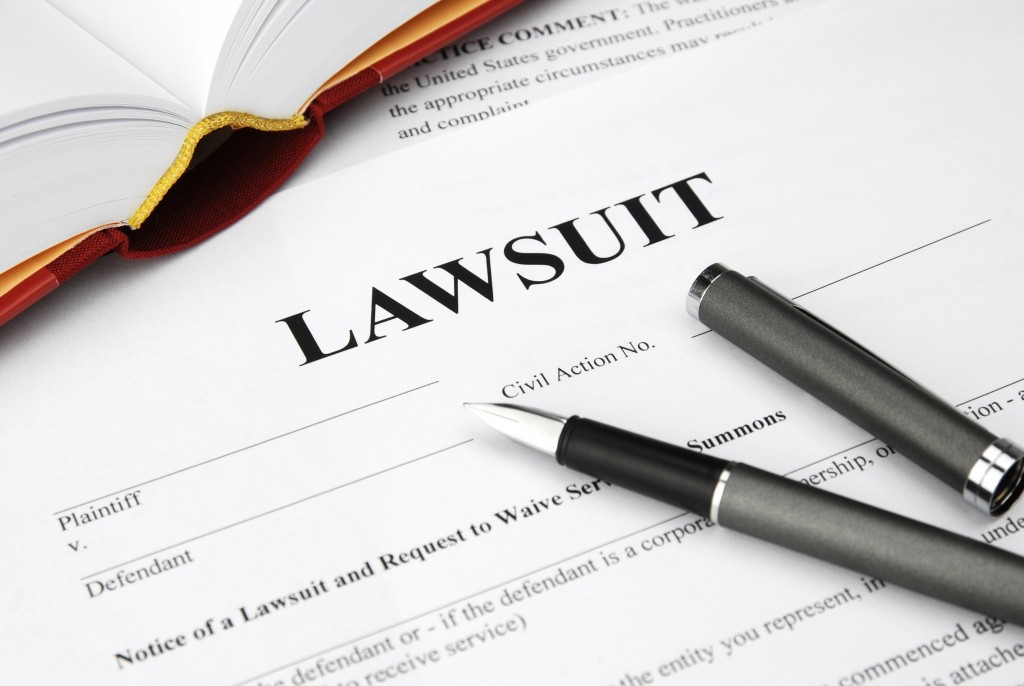Since March, more than 500,000 applications for employee identification numbers have been submitted. Many people are still pursuing their dreams of opening a small business despite the economic crisis brought by the COVID-19 pandemic.
Opening a business takes a lot of planning. This involves identifying the goals of the business, the products and/or services it will offer, its finances, and so on. But all of this rigorous planning may be wiped out by a single legal issue. Several small businesses, unfortunately, had to close their doors due to the financial impact of lawsuits filed against them.
That said, when opening a small business, one must first be aware of the legal issues small businesses encounter so that they can be avoided.
1. Legal Tax Issues
Perhaps the most obvious legal issue that any kind of business must be wary of is handling taxes. The type and amount of tax that businesses must pay depend on their structure. For instance, pass-through entities like sole proprietorship are subject to personal income taxes and then sales taxes if they sell goods. Meanwhile, corporations need to pay corporate income taxes and personal income taxes.
But no matter the structure, all businesses must pay their taxes promptly and pay the right amount. Otherwise, these businesses will have to pay a fine, which will significantly slash their finances. The heavier acts like nonpayment of taxes and fraudulent reporting of taxes may result in imprisonment due to tax evasion.
The key is the proper handling of finances using a balance sheet, an income statement, and a cash flow statement. If an owner is not adept with these accounting tasks, they will need to employ financial experts or outsource accounting tasks to ensure that their taxes are handled well.
2. Customer Complaints
Customer feedback is important. Constructive feedback can help small businesses make their products and services better. But not every piece of feedback is constructive and reasonable; some are malicious and lead to litigation.
If a customer really pushes for it, they might file a lawsuit against a business on the basis of being defrauded or personal injury. For a small business that provides services to other businesses, a breach of contract is the most common problem. Sometimes, the claims are justified if a small business was truly negligent in providing quality products or services to customers. But sometimes, disgruntled customers file cases for the sake of damaging businesses and getting a quick buck.
To avoid being sued, small business owners must ensure that they have proper documentation of customer transactions. If the small business has a physical store, installing a CCTV system will be helpful as well.

3. Employment Problems
Employing other people in your small business can also become a legal concern. The most common reasons why employees would file lawsuits against small businesses include discrimination, abuse, emotional damages, and payroll disputes. These issues are legitimate claims to sue. But often, frivolous lawsuits are filed against small businesses. For example, a few years ago, 92% of employment discrimination complaints were dismissed due to “lack of merit.”
A frivolous lawsuit can be emotionally and financially damaging to a small business owner. For instance, a single case can cost a small business up to $10,000. And with the loopholes in the justice system, owners might even have to stay in jail before the trial and would therefore need to employ a bail bonds service to be free while awaiting trial.
That’s why small businesses need to maintain a harmonious relationship with their employees and draft employment contracts very carefully to avoid frivolous lawsuits.
4. Intellectual Property Issues
Intellectual property can become a big issue among small businesses. They need to be careful about logos, website graphics, product designs, and even company names that they want to or will use. Another business or individual may claim these creations as theirs and then file a lawsuit.
Some intellectual property cases may end with a cease-and-desist letter if the accused is willing to comply. But other cases do end in litigation. The worst-case scenario is when a big corporation files cases against small businesses.
Thus, before opening a small business, aspiring owners must research early on to understand what intellectual property is and read up on trademark and copyright laws to avoid being sued for intellectual property infringement.
Opening a business isn’t easy. It has many financial risks and can be mentally stressful as well. Add to the fact that more small businesses fail than succeed, owners will do whatever they can to keep their businesses afloat. But they must do this in the most ethical and most legally responsible way to avoid legal disputes.

